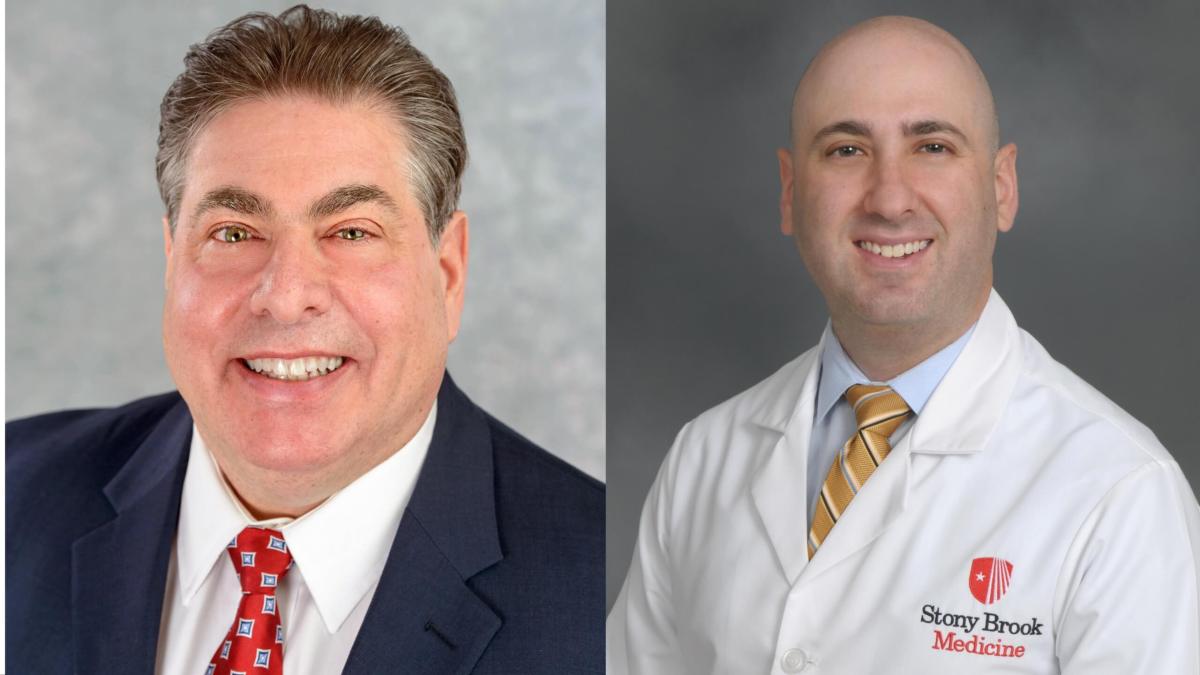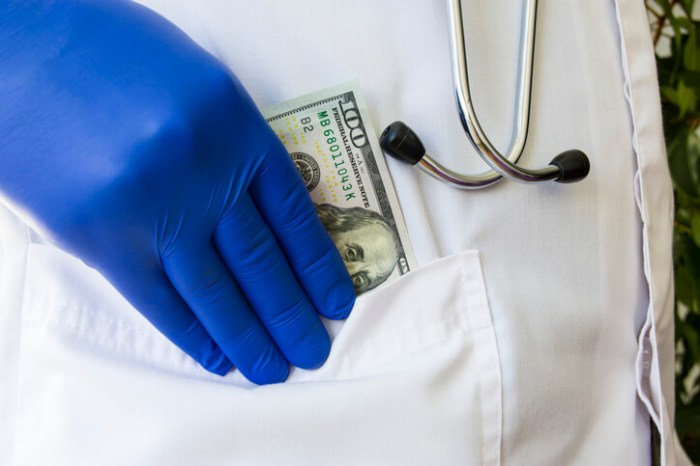Doctor Visit Gap: Why Men Don’t Get Regular Health Checkups – And Why They Should
For many men, going to the doctor is akin to asking for directions: They don’t do it if they don’t have to. In fact, 55% of men don’t get regular health screenings, according to a 2022 Cleveland Clinic survey of 1,000 U.S. men.
“Research has shown that men are less likely to go to the doctor than women, and they delay going to the doctor when they need to,” says Dr. William Berg, an assistant professor of urology at Stony Brook Medicine and a urologist and director of sexual medicine and infertility at the Stony Brook Department of Urology Men’s Health Program, which is based primarily in Commack. As a result, men miss out on important screenings that could identify serious health conditions, such as cardiovascular disease, diabetes, and cancer, at an earlier stage when they can be treated to prevent serious consequences.
“Men are less likely to get preventive care, which contributes to higher rates of premature death and reduced life expectancy compared to women,” says Dr. Berg. In 2021, life expectancy for women in the U.S. was 79.1 years versus 73.2 years for men, according to the Centers for Disease Control.
According to Dr. Berg, there are certain barriers that keep men from going to the doctor, one of which is cultural.
“There’s this belief that men need to be tough, and that they don’t need to see a doctor because everything’s fine,” he says. “They don’t like to seek help.”
In a 2022 survey by Orlando Health, a third of men (33%) said they didn’t need regular checkups and nearly two-thirds (65%) said they believed they were “naturally healthier” than most people.
Another potential reason for the gender disparity is that women get accustomed to seeing a doctor as young adults, for annual gynecological visits and pap smears.
“Gynecologists are built-in guardian angels for women,” says Dr. Guy Mintz, director of cardiovascular health and lipidology at the Sandra Atlas Bass Heart Hospital at North Shore University Hospital, part of Northwell Health, in Manhasset. “Their gynecologist may act as a gatekeeper, telling them their blood pressure is a little high and they should see their primary care physician. Men don’t have an equivalent clinical person that they go to every year.”
As a result, “men stop seeing their pediatrician at age 18 and might not see a doctor for 20 or 30 years or until they have a problem,” says Dr. Berg.
Annual well visits are opportunities for men to discuss any health problems they may be having and to be screened for conditions such as high blood pressure, cardiovascular disease, high cholesterol, and diabetes. The age at which men should begin getting screened for colon cancer and prostate cancer depends on their risk profile.
Many of the aforementioned conditions are commonly dubbed “silent killers” because there are often no symptoms until it’s too late.
“Half the time, the first symptom of a heart attack is a heart attack,” says Dr. Mintz.
When they are identified early, many conditions can be treated with medications, lifestyle modifications or other interventions to prevent severe consequences. Regular doctors’ visits are also opportunities for men to learn whether they are at high risk for developing certain conditions based on their family history and other risk factors, many of which can be modified.
A common impetus for men to go to the doctor is erectile dysfunction (ED).
“Men may be concerned that their erections are not as strong as they were, which may get them to make an appointment at our clinic,” says Dr. Berg. “One of the things I talk to them about is that ED could be a precursor to heart disease – it could point to larger problems with blood flow through the heart and the rest of the body. We talk to them about recommended health screenings, which they may not have had in many years. We’re located in a multispecialty building, and we work closely with the primary care physicians there, so we can refer them to a doctor down the hall.”
Because of the link between ED and cardiovascular disease, Northwell Health recently started a collaboration between its urology and cardiac prevention programs to connect men who have symptoms of ED to cardiac prevention care.
“The urology department will start the educational process and then connect them directly to the cardiac prevention team,” Dr. Mintz says. “I see a lot of men in their 40s and 50s who first went to the urology team, and who never would have come to us otherwise. If we find early heart disease, they are very grateful.”
Related Story: Top Men’s Health Options on Long Island
































